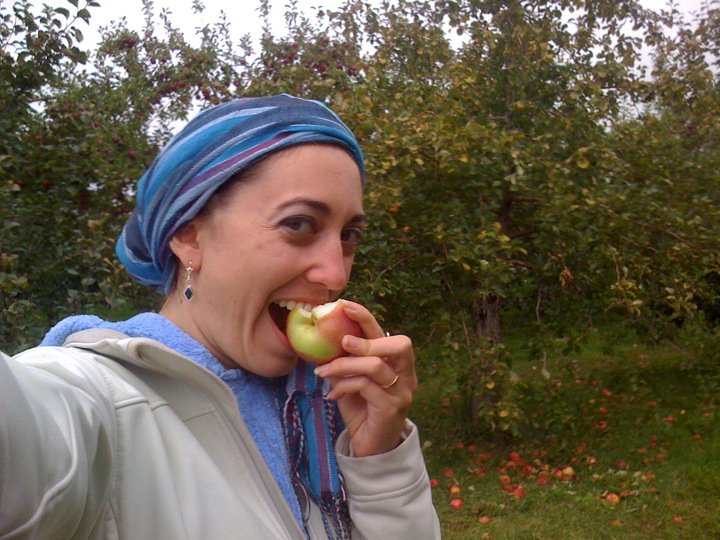Parshas Vayelech: When G-d Hides His Face
One of the cool things about travel is getting to explore other cultures. But it’s not simply a fun and curious activity on my part – it’s also an opportunity. It’s the chance for me to spread the idea of Judaism and of Jews in a positive light. To do, as we say, a kiddush Hashem, a sanctification of G-d’s name by showing the world His goodness through our words and actions.
It’s impossible for me to ask questions and explore someone else’s culture without also being willing to open up about my own. So I do, which is especially neat when the people I’m talking to are also religious and understand the concept of G-d and faith. But what about when they don’t? What if they’re agnostic or even atheist? What then?
Well, what usually happens is that you get a standard set of questions: How do you know G-d exists? Do you really believe the world was created in 7 days? A few thousand years ago? What about the dinosaurs? What about the Big Bang? Do you believe in aliens? How about evolution? Why aren’t there any prophets anymore?
There are complex theological answers to all of these questions, but the truth is that they all really have the same simple answer, and it’s found in this week’s parsha: G-d has hidden His face. G‑d appeared to Moshe (Moses) and Yehoshua (Joshua) and told them that one day the Israelites are going to abandon G‑d and they will stray after alien gods (and yes, this includes money, the Internet, and iPads). When that happens, G‑d will hide His countenance and the Jews will face much evils and troubles.
Which is exactly what happened. Look at our history! We used to have a Temple! We used to have prophets and kings! We used to see miracles in the Beis HaMikdash every day! And then we went astray. And now what? Now we don’t see miracles every day. Oh, they happen, of course they do, but we don’t see them, we don’t notice them, because they are hidden. G-d hides His face. And how does He hide it? He makes things seem like natural occurrences.
G-d puts dinosaur bones and carbon dating into the earth to make us question its real age. G-d creates some animals with biological similarities to ours to make us question our own inner spark of divinity. G-d makes daily miracles seem commonplace. G-d gives us the idea of quantum physics so we can explain away miraculous happenings. G-d hides His face.
And so many people are fooled! So many people look at the mask of nature G-d wears and they’re completely and totally fooled. So, to those people, we have to give long theological explanations for our beliefs. We have to speak their language and used quantum physics and the theory of relativity to explain how the seven days of creation were really billions of years. We have to justify ourselves over and over.
But the real truth is simply this: G-d has hidden His face, just as He said He would.
And when we wake up and realize this and notice it, we might just be able to see glimpses of Him behind his many masks. We might start keeping the Torah better, do more mitzvot, cut down on our sins, and thereby bring moshiach. And when we do that, then G-d will reciprocate and show us His face again.
May we all succeed in this endeavor, to bring moshiach swiftly, so we can all celebrate the upcoming Simchat Torah in Yerushalayim!
Shabbat shalom!
Read more about Parshas Vayelech: How the World Sees the Jews
Read More





